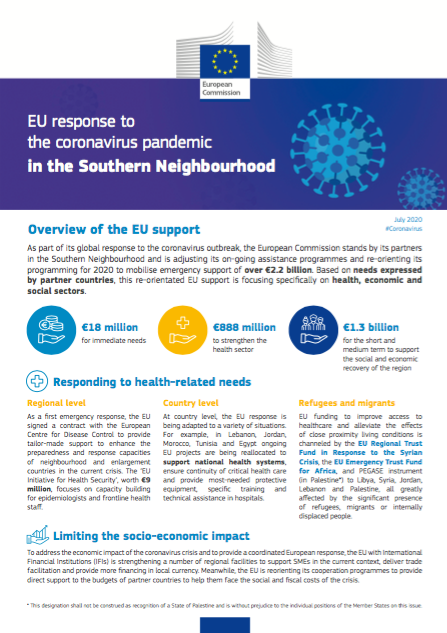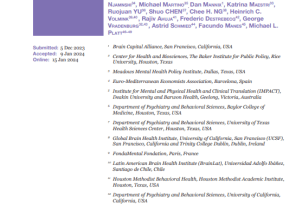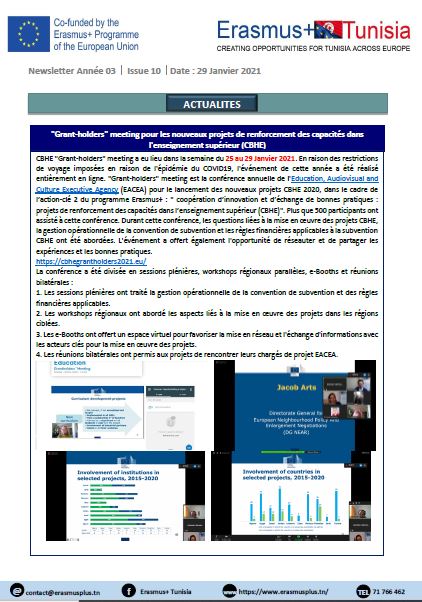FEMISE MED BRIEF 23: Developing Social Entrepreneurship and Social Innovation in the Mediterranean and Middle East

This Policy Brief analyses the social innovation ecosystems in Beirut and Tunis and discusses ways for leading to inclusive innovation that creates jobs, income and opportunities for marginalized populations, women and youth.
Findings show that the lack of a legal form for social enterprises, impediments to financing and investment, scarcity of human resources for upper management and difficulties in determining the proper customer base are among the core obstacles faced by social entrepreneurs.
The authors argue that more innovative financing mechanisms should be available for them. Educating investors in the South Med around the concept of impact measurement and impact investment would be needed. In addition, South Med governments ought to actively support social enterprises, meanwhile, corporations should be considering social procurement and including social enterprises in their supply chains. Finally, capitalizing on Euro-Med cooperation could be an inclusivity game-changer. Specifically, an EU-Med Social Impact Platform could multiply funding opportunities for South-Med entrepreneurs and provide a promising market for impact investors.
The FEMISE Policy Brief series MED BRIEF aspires to provide Forward Thinking for the EuroMediterranean region. The briefs contain succinct, policy-oriented analysis of relevant EuroMed issues, presenting the views of FEMISE researchers and collaborators to policy-makers.
Latest Publications































 Syria
Syria 



